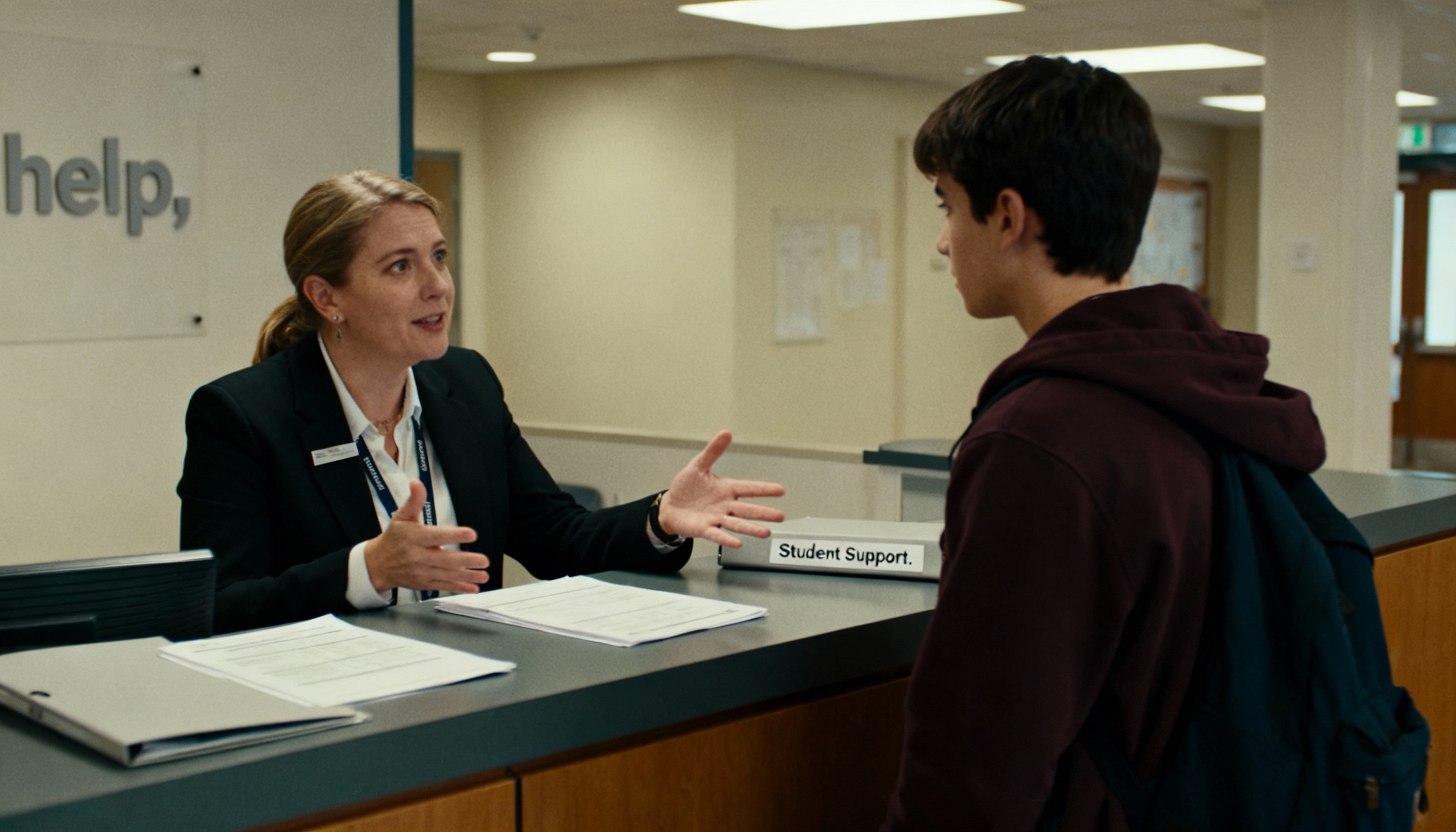
Money
Manage your finances in Australia with budgeting tips, banking, transfers, and insurance basics.
Managing Your Finances in Australia
For many international students, arriving in Australia marks the first time they've ever lived away from their parents. It can also be the first time that they are responsible for things like paying for rent, electricity and food. This kind of responsibility can end up being almost as stressful as your studies.
Research Before You Arrive — Put Yourself on a Budget
The best way to avoid falling into financial stress is to come up with—and stick to—a basic budget. Here are some tips:
- Set up automatic payments (direct debit) for regular bills like rent and utilities
- Give yourself a weekly budget and stick to it
- Be aware of how much money you have in your account at all times
- Avoid credit cards or use them only in emergencies
- Minimise bank fees by using their ATMs
- Live economically - buy second-hand when possible
Banking and Insurance
You will need to open a bank account when you arrive in Australia. There are dozens of banks and credit unions in Australia to choose from. Normal trading hours are 9.30am to 4.00pm Monday to Thursday and 9.30am to 5.00pm on Friday. ATMs are readily available 24 hours a day.
When opening your account, you'll generally need your passport, and after six weeks you may need additional identification. As an international student, you will also have to show your student visa.
Credit Cards
The most commonly accepted credit cards are MasterCard, Visa, Bankcard, American Express and their affiliates. Most businesses accept credit cards as payment. It is not necessary to carry large amounts of cash with you.
Transferring Funds
Money can be transferred to Australia by bank drafts or cheques and telegraphic transfer. Bank drafts from overseas will take a few days to arrive and can take up to 10 working days to clear. Telegraphic transfers usually take shorter time, but cost more.
Tipping
Tipping is not customary in Australia and service charges are not added to accounts by hotels and restaurants. At any time, tipping is a matter of choice in recognition of good service. You can tip food and drink waiters up to 10 per cent of the bill for good service.
Insurance
As an international student you will already have Overseas Student Health Cover (OSHC) insurance, but you might also want to invest in other types of insurance to protect you. Travel insurance, contents insurance, and car insurance are all worth considering.